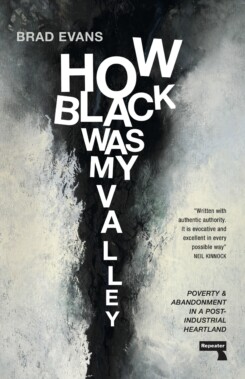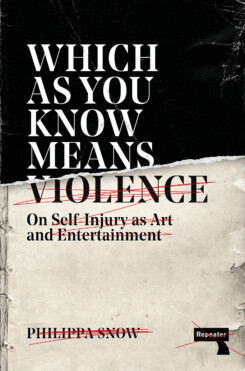£7.99 – £8.99
Winner of the 2019 Stonewall Book Award—Israel Fishman Non-Fiction Book Award
Using bisexuality as a frame, Go the Way Your Blood Beats questions the division of sexuality into straight and gay, in a timely exploration of the complex histories and psychologies of human desire.
A challenge to the idea that sexuality can either ever be fully known or neatly categorised, it is a meditation on desire’s unknowability. Interwoven with anonymous addresses to past loves – the sex of whom remain obscure – the book demonstrates the universalism of human desire.
Part essay, part memoir, part love letter, Go the Way Your Blood Beats asks us to see desire and sexuality as analogous with art – a mysterious, creative force.
Michael Amherst is a writer and critic. Born in Tewkesbury, he is a graduate of Oxford University and UEA’s Creative Writing Masters. His short fiction has appeared in publications including The White Review and Contrappasso and been longlisted for the BBC Opening Lines and Bath Short Story Prize, and shortlisted for the Bridport Prize. His essays and reviews have appeared in the Guardian, New Statesman, Attitude, the Spectator and Versopolis: European Review of Poetry, Books and Culture, among others. He is a recipient of an award from Arts Council England and is currently working on a novel as part of a PhD at Birkbeck, University of London.
“This wide-ranging, allusive, insistently self-interrogating book argues that both our politics and our poetics need to eschew fixed categories to accommodate ever more creative, fluid and elective identities. It’s a book that demands intense engagement: I quarreled with every page, and I was grateful for the quarrel. I was grateful, too, for its passionate reminder that we are always more mysterious than the stories we tell about ourselves.”
“Go The Way Your Blood Beats is an elegant meditation on the slipperiness of sexual subjectivity, and on the powers and perils of naming sexuality. It explores the tension between the importance of recognising bisexuality, and the coercive pressure on individuals to know, name, and describe themselves. It’s a rich, suggestive, and timely piece of writing that diagnoses some of the painful paradoxes of contemporary sexual discourse.”




